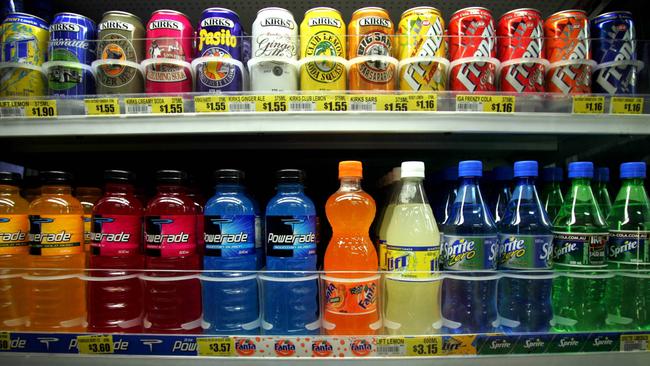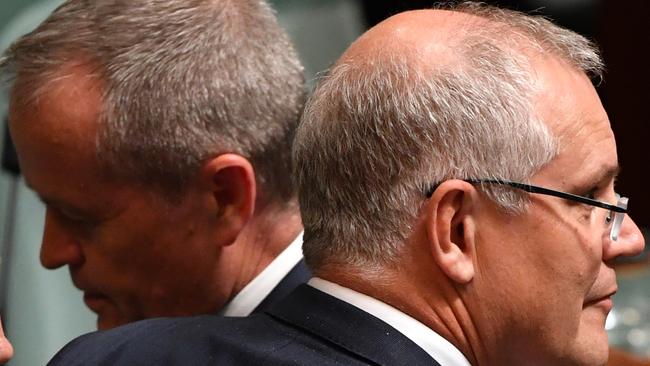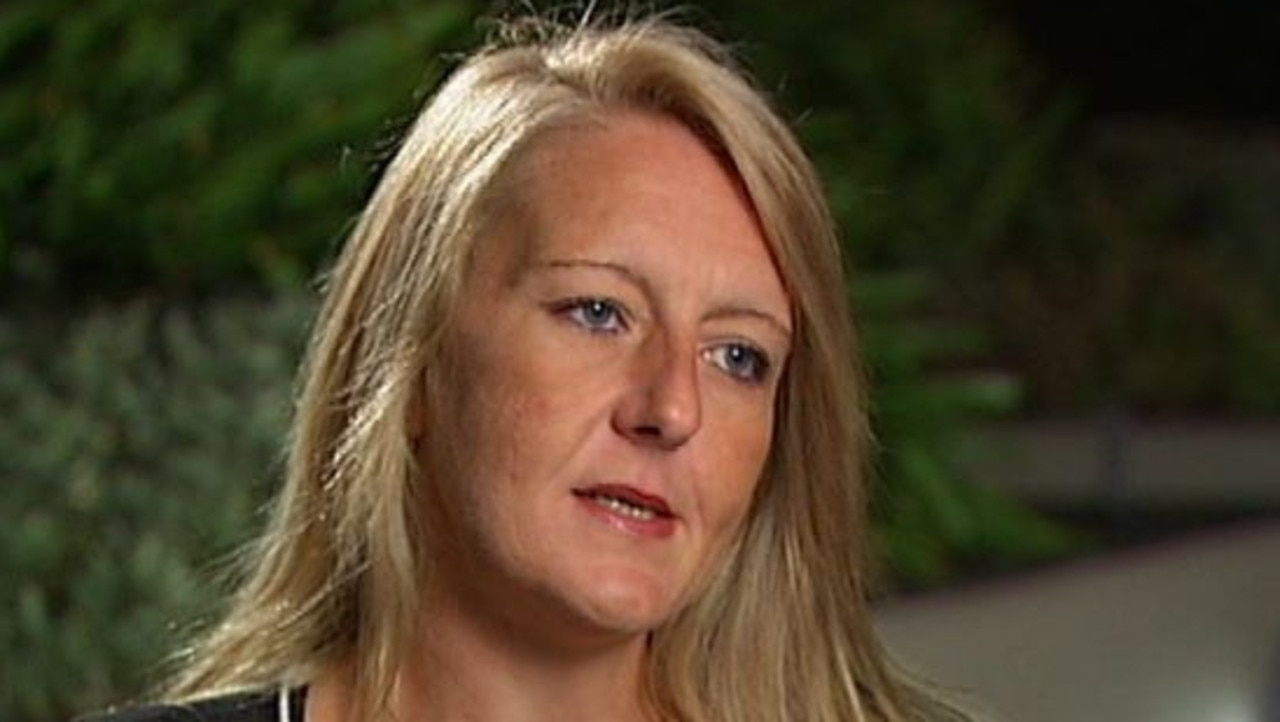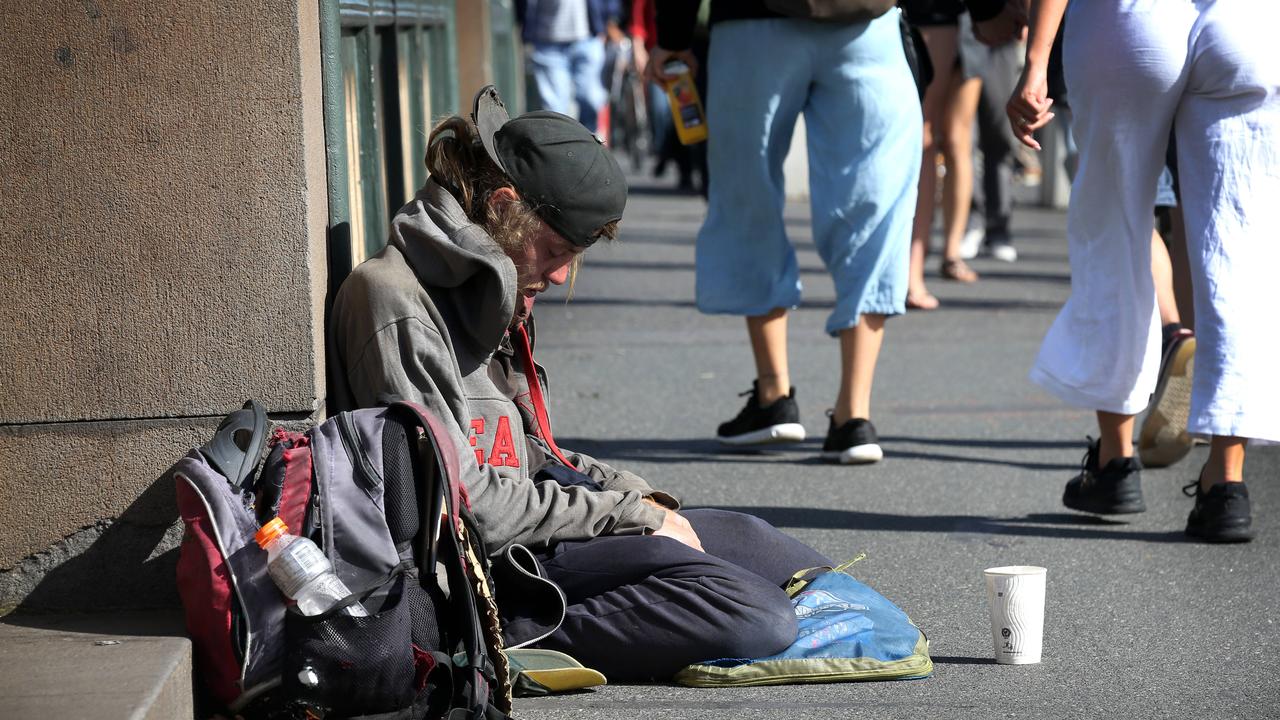Major parties set to reject tax on soft drinks, ban on fast-food prime-time TV ads
A new tax on soft drinks and a prime-time ban on fast-food TV commercials are set to be rejected by the major parties ahead of the next election.
National
Don't miss out on the headlines from National. Followed categories will be added to My News.
EXCLUSIVE: A new tax on soft drinks and a prime-time ban on fast-food TV commercials are set to be rejected by the major parties ahead of the next election.
An inquiry into Australia’s obesity epidemic, set to be released on Tuesday, will recommend a range of measures to tackle the growing problem.
But the Herald Sun can reveal both the Morrison government and the Opposition will block a 20 per cent “health levy” on soft drinks and a ban on TV commercial before 9pm, which is a key recommendation by many healthcare alliances.
WHY A SUGAR TAX COULD BE GOOD FOR BUSINESS
SUGARY DRINKS BOOST DIABETES RISK IRRESPECTIVE OF OBESITY
CANCER: SOFT DRINK FOUND TO INCREASE RISK BY 18 PER CENT
But the Senate report is likely to call for restrictions on the sale of sugar-sweetened beverages in public institutions such as hospitals and schools and mandatory interpretative front-of-package labelling of sugar-sweetened drinks.
It comes amid warnings there will be more than 1 million deaths of people over the age of 20 caused by diseases linked to being overweight and obese, such as type 2 diabetes, cancer and heart disease over the next 30 years.

The Herald Sun understands Bill Shorten is resisting pressure from within the Labor caucus to adopt the policies, with a number of MPs — including some on the shadow front bench — sympathetic to the move.
Television networks, facing dwindling advertising revenue, pushed back against the suggestion that soft drink and fast food commercials should not be shown before 9pm.
FreeTV, the peak body for commercial networks, says there is no definitive evidence that further restrictions on food advertising to children would impact childhood obesity rates.
But it argues further restrictions would negatively impact broadcasters’ ability to provide quality Australian programming which educates, informs and provides material of social and cultural benefit to children.

Child audiences for live TV are small and falling, particularly in prime-time, an estimated 91 per cent of children are now not watching television in prime-time and instead viewing video content on unregulated platforms such as YouTube.
Diabetes Australia has called for a 20 per cent tax on soft drink, which it says could raise $500 million each year to support public education campaigns and initiatives to prevent type 2 diabetes and other chronic conditions.
Food producers have argued against a tax, citing recent Australian Bureau of Statistics data which reveals the average daily intake of sugars and saturated fat also declined significantly in the past decade.


